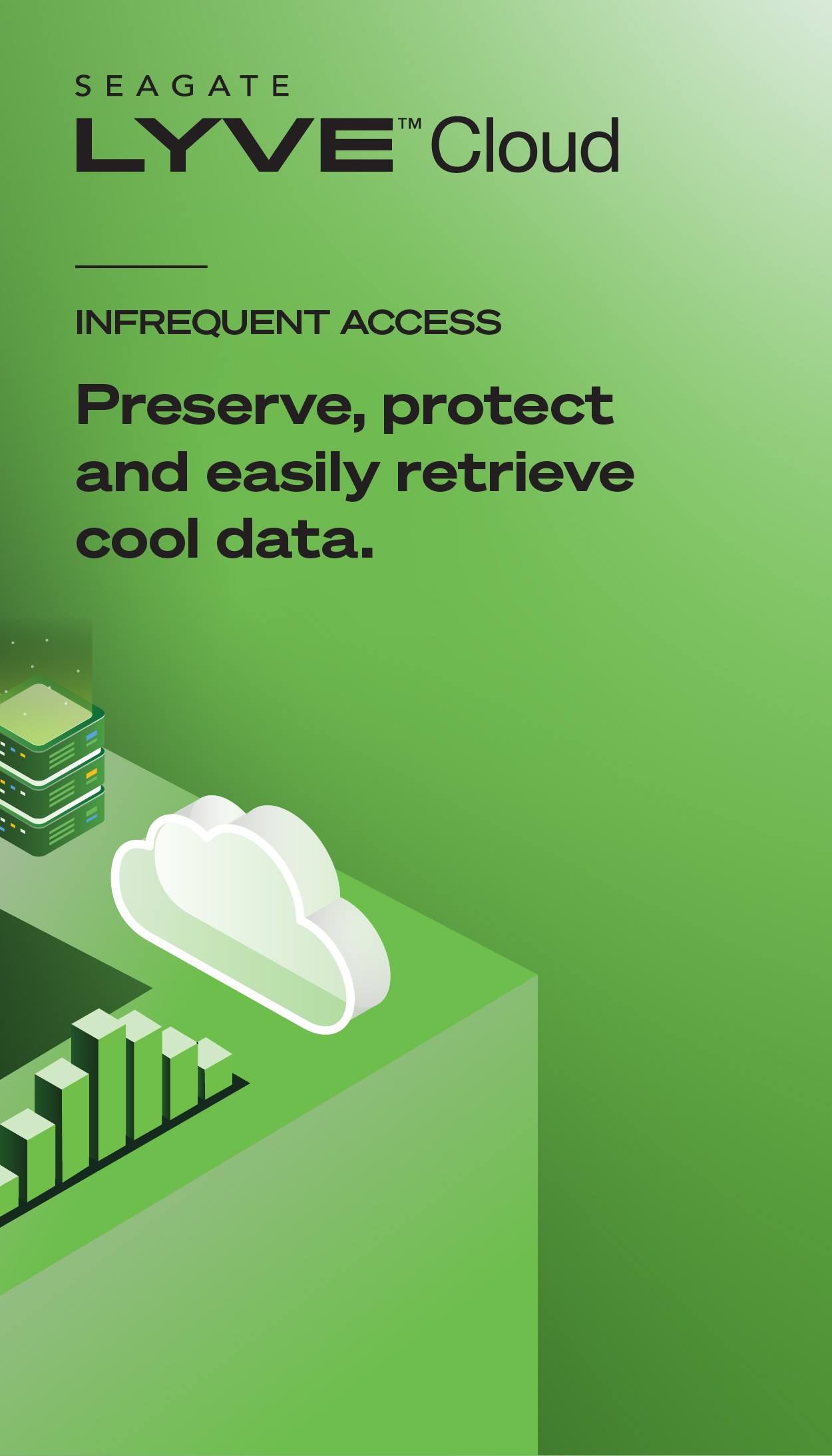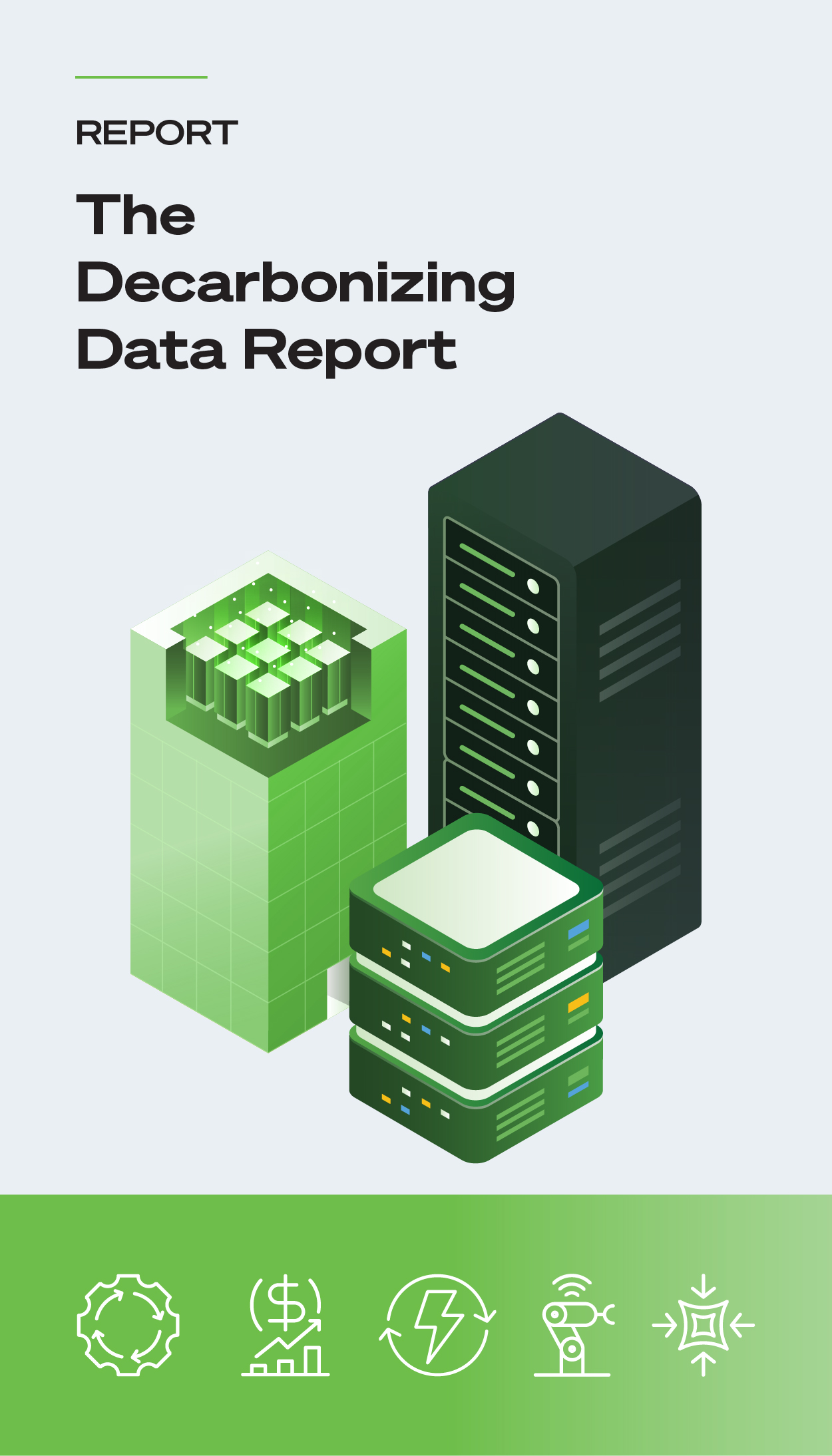The public cloud has enabled the creation, evolution, and growth of a vast range of companies. But as enterprises grow larger, they often discover that public cloud alone is too inflexible for their needs.
When enterprises rely wholly on public cloud, they often struggle with access to some of their data. Additionally, moving data out of the cloud can be difficult and costly because of egress fees. These challenges can hobble efforts to derive value from enterprise data. As a result, businesses are increasingly choosing to reorganize how and where they keep data, shifting to a multicloud ecosystem instead.
At the same time, traditional on-premises enterprise data center architectures don’t scale easily or efficiently to meet the need for growth and agility among multiple organizations within an enterprise.
Today, a multicloud strategy—orchestrating data across multiple cloud architectures in a unified way—typically includes a private cloud component. In other words, an enterprise houses some data in public cloud services and some on premises or in a private cloud. Repatriating some of that data to a private cloud delivers a mix of benefits from private cloud and the multicloud ecosystem.
Private Cloud: A Definition
Private cloud—often referred to as corporate or internal cloud—is an on-demand cloud deployment dedicated to serving multiple organizations within a single business entity. In contrast, public cloud services are provided by a third party using data center infrastructure that’s shared by many separate business entities.
A private cloud is structured on cloud-native principles. This means it provides extended, virtualized data storage and computing power that various internal organizations and users can draw from as needed. It also offers the flexibility to easily move workloads between private and public cloud—and even to parse and share data and workloads simultaneously among private and public cloud in a multicloud strategy.
According to research from IDC, as reported in Seagate’s recent Rethink Data report, 51% of enterprises deploy on-premises private cloud as part of their IT infrastructure—even higher than the 50% who report using public cloud. Hosted private cloud is also used by 36% of enterprises.
A private cloud is exclusively used by one large entity such as a company. But within that entity, there will be multiple users, including various departments, organizations, or individual consumers. The entity can own the private cloud’s physical infrastructure and be responsible for its management, use a third party to host its private cloud infrastructure, or a combination of the two. A private cloud can reside either on premises or offsite.
Advantages of Private Cloud
A private cloud can provide the benefits of cloud computing while enabling greater control over and customization of components, systems, and other architectural choices. It also provides full control over data security, which can ease processes and concerns surrounding sensitive data such as intellectual property, financial data, confidential documents, and personally identifiable data.
When operating in a private cloud environment, there is also less chance of compute and storage resources being underutilized than in a traditional enterprise data center. An enterprise can choose to partition each resource in the private cloud to correlate to the specific needs of different departments within the enterprise and can change the allocation of resources to meet real-time needs. Other benefits include:
- Control over the private cloud’s architecture, systems, and components, as well as the applications deployed and how the data is stored and utilized. All can be fully customized as needs evolve.
- Predictable economics at scale, which are under an enterprise’s control.
- Ease of frequent access to large data sets. This is advantageous because storage becomes very expensive when businesses need to read and analyze the data frequently.
- IP ownership, protection, and control of where that data physically resides. This is useful, for example, in cases of data that needs a clear audit trail or must comply with regulatory requirements.
- Flexibility to meet the needs of each organization with its own business and technical requirements. With private cloud, an enterprise can customize its cloud environment to meet the needs of each department or end user.
- Speed of deployment. Enterprise IT or data managers can rapidly respond to the needs of internal teams by deploying new applications, reallocating resources according to real-time needs, optimizing processing resources for certain applications, or deploying storage and memory to reduce latency so that data will be transferred faster and easier.
- Security implementation and better visibility into data permissions and access. Organizations that need to manage critical data , such as finance or healthcare, retain full control over hardware configuration, security services, remote access permissions, storage redundancy, encryption, etc.
- Assured compliance regarding sensitive data sets. For example, life-critical data that requires a certain provider’s and patient’s locality, as well as compliance with laws and regulations such as HIPAA and GDPR.
Private Cloud Is Not Your Traditional Data Center
By deploying private cloud rather than a traditional data-center architecture, enterprises gain many of the benefits of cloud, including:
- Compute and storage resources become incredibly elastic, so end users can quickly scale up or scale down their data workflows depending on current or future needs.
- Compute and storage resources are used more efficiently because of the ability to pool resources. Resources can be shared, prioritized, paused, and used again among the different users in an organization without the risk of resources and data coming under the control of or visible to any third parties.
- Each service can be individually measured, allowing organizations to see how much of a type of resource is being used, including storage, processing, user accounts, bandwidth, etc. This enables companies to redirect resources to where they are needed most.
- End users or internal organizations can plan for their own computing resources without further IT assistance because of an on-demand, self-service nature.
- A wide range of end-user device accessibility is possible, including workstations, laptops, tablets, and smartphones.
Why Choose Private Cloud?
If an enterprise cannot rely solely on public cloud services but still wants benefits such as on-demand resources, private cloud is the ideal solution.
In addition to the flexibility and economic advantages, a private cloud offers data access and management protocols that can be closely controlled by an enterprise. This ensures full compliance with government regulations surrounding data privacy and protection, making it especially appealing for businesses in the financial and healthcare industries.
By addressing the need to manage data in motion by using both private and public cloud infrastructure—including moving some frequently accessed applications and associated data back into private cloud for greater control—enterprises can manage growth and control costs in today’s hybrid cloud world.
Click here to learn more about deploying a Private Cloud.












